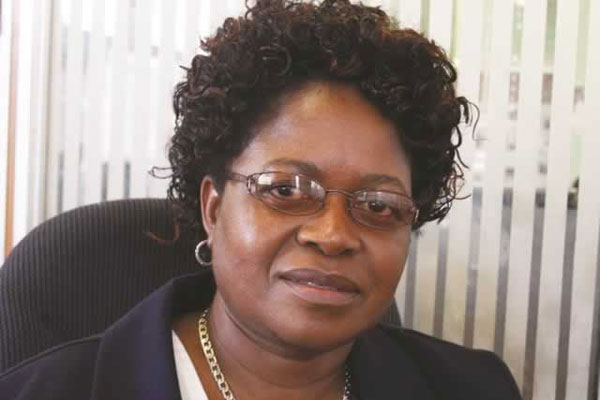
AUDITOR-General (AG) Mildred Chiri has called for the decentralisation of the Zimbabwe Anti-Corruption Commission (Zacc) to increase its catchment area amid reports that most reports captured by the anti-graft body were centred on Harare.
BY VENERANDA LANGA
In her 2016 audit reports for State enterprises and parastatals, Chiri said she noted that 76% of complaints on corruption were from the Harare region.
“The commission should consider decentralising its operations and setting up offices across the country. Without regional offices, where people can make reports/complaints, the commission may fail to effectively deliver its mandate,” she said.
“The commission operated centrally from its Harare offices, which may have impacted on its mandate delivery as regions like Bulawayo, Gweru, Masvingo and Mutare had no reasonable access to the commission.
“During the year under review, the commission received 220 complaints/reports relating to suspected corruption activities and Harare region had 76% of those reported cases followed by Mashonaland regions with 12%, indicating that the proximity of the commission’s offices to the people has a bearing on its ability to be effective,” Chiri said.
The AG said reports on corruption from outside Harare had to be made by phone, and in some cases investigators had to travel to those regions to carry out investigations.
Zacc said it had prioritised decentralisation in its strategic plan for the years 2016 to 2021.
- Chamisa under fire over US$120K donation
- Mavhunga puts DeMbare into Chibuku quarterfinals
- Pension funds bet on Cabora Bassa oilfields
- Councils defy govt fire tender directive
Keep Reading
Chiri also noted that in 2011, the then anti-corruption commission incurred fuel expenditure of $112 663, which could not be accounted for. The commission had increased its fuel allocations from 575 litres per month to 1 300 litres without approvals, resulting in a total increase of 725 litres.
“Management failed to avail a fuel register or any other documentation of how the fuel had been consumed for my inspection, and, as a result I was unable to verify the validity and accuracy of the expenditure,” she said.











